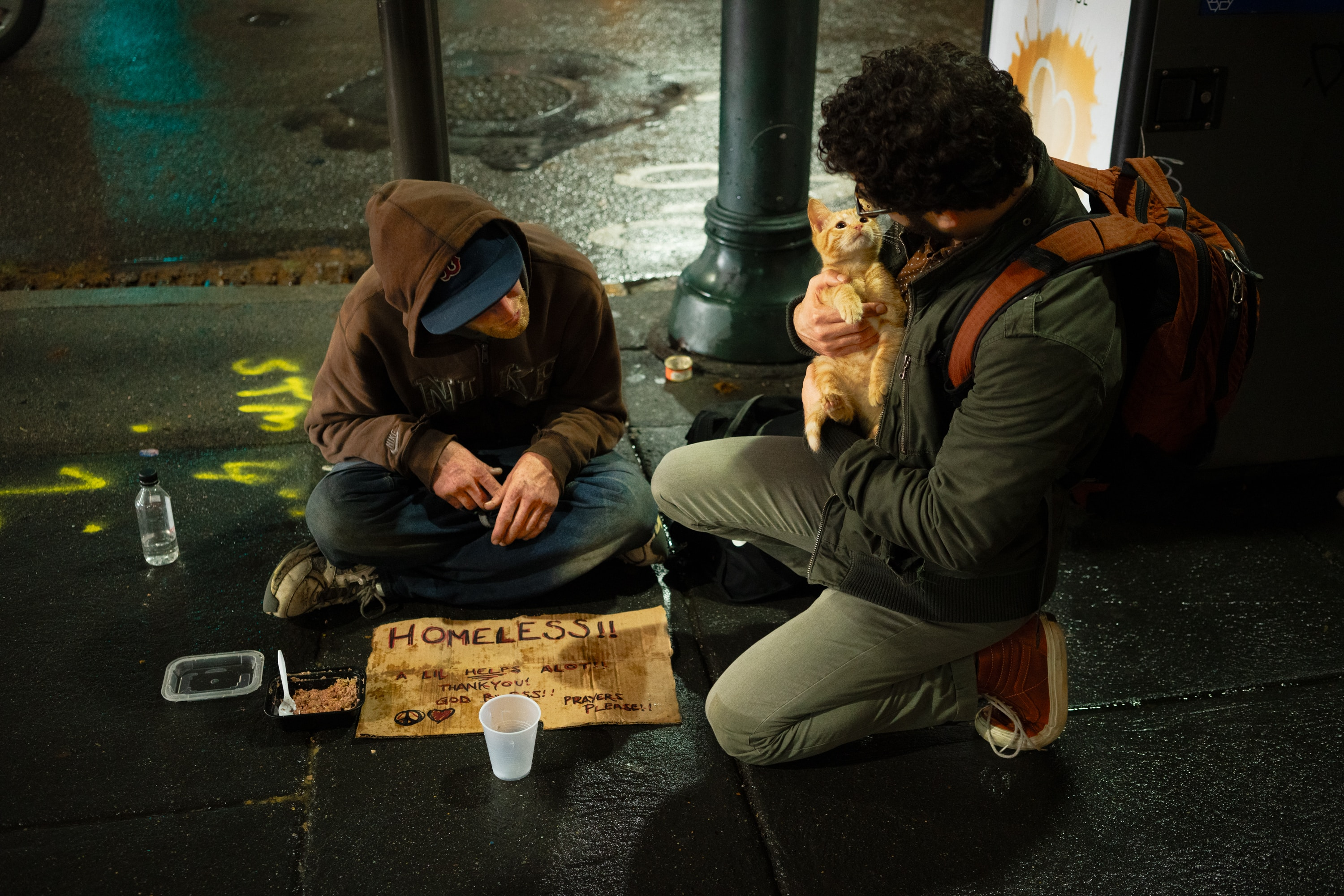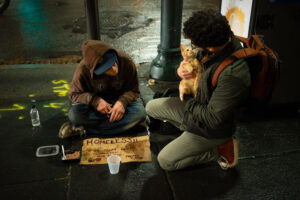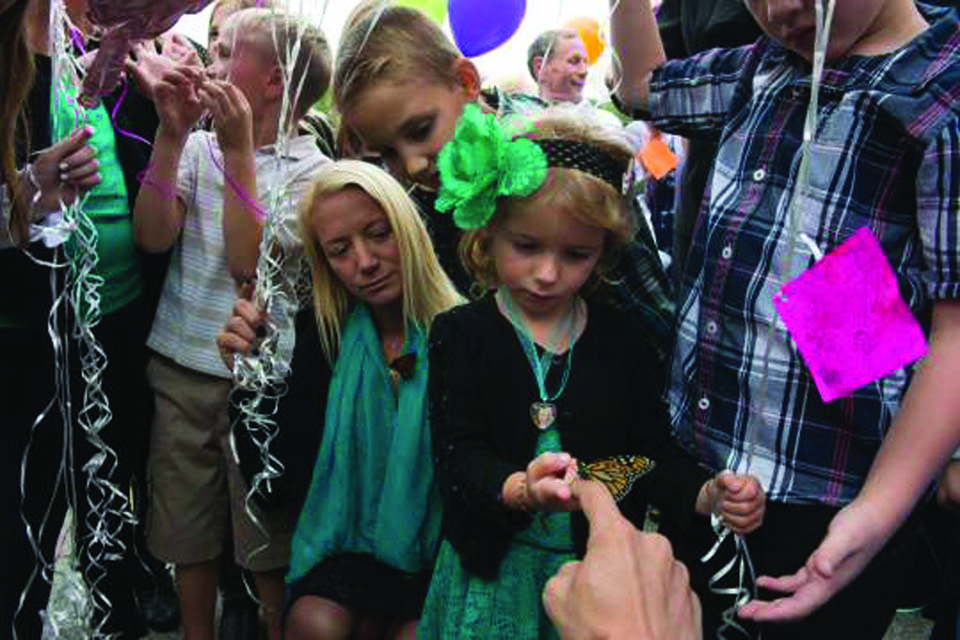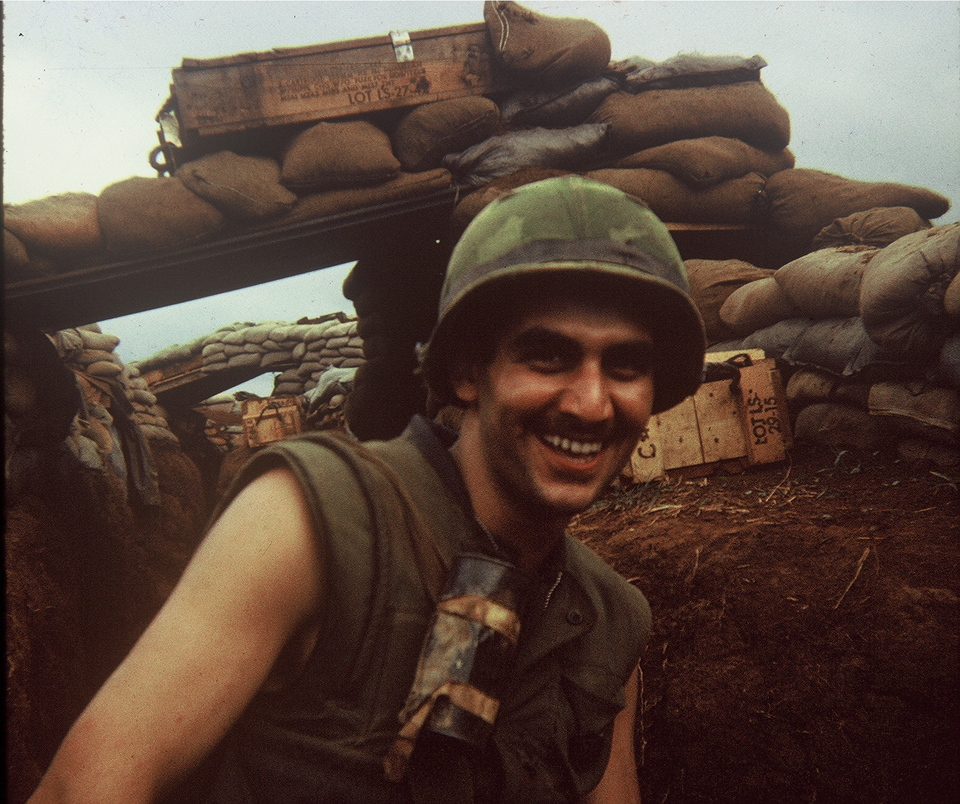
10/24/19
Grace Rosello | staff writer

Withers mentioned in his keynote address that Black and Native people are over-represented in the homeless population and are doubly punished for their homelessness due to discrimination against their races.
James S. Withers, M.D., F.A.C.P. and founder of Pittsburgh Mercy’s Operation Safety Net program accepted the 2019 Eileen Zungolo Spirit of Service award on Friday for his work with Operation Safety Net.
The McGinley-Rice Symposium event entitled “The Face of the Person Who is Homeless” took place this past week from Thursday, Oct. 17 to Friday, Oct. 18. Sister Rosemary Donley directed the event for the 10th year. Kellie Collier, coordinator for research adminstration and conference planning at Duquesne, coordinated the event.
The symposium consisted of two days of speakers, panels and research presentations, as well as breakout discussion groups. McGinley-Rice is directed at a regional audience of nurses, doctors, social workers and other healthcare professionals who provide for the vulnerable, homeless population. Some attendees directly provide one-on-one healthcare, while others provide through creating public policy. McGinley-Rice specifically focuses on healthcare practice and policy creation for vulnerable populations through a lens of social justice — social justice being defined as equality of participation in society.
Operation Safety Net is an innovative medical and social outreach program to people who experience chronic homelessness. The program provides vaccines, medicine, basic items and connections and resources to people who experience homelessness. They go directly to the people surviving on the street.
On Friday, Withers gave a keynote address to McGinley-Rice conference attendees. His keynote address consisted of a series of vignettes about the people he has met through the street medicine program. His anecdotes brought stories of humanity to the faces of the people on the street.
A story he told began when a co-worker medical professional called him from UPMC Mercy Hospital. A homeless man whom Withers had met through Operation Safety Net had wandered into Morton’s Steakhouse, bought the most expensive bottle of wine on the menu and then had a seizure when the waiter brought him the bill and he then ended up at Mercy. fortunately, the man was okay in the end. All of Withers’ vignettes had an undertone of optimism, and the content ranged from people experiencing psychosis, sharing their past horrors over a fire by the Allegheny River and beginning to admit that they were worthy of helping themselves.
Withers also advocated for the medical community and the public to challenge the assumption that homeless people are “those people who just want to be homeless.” He encouraged medical professionals “to break out of the system” to meet the homeless people where they are.
Reiterating his point, much of the research on display at the symposium explored the fact that homelessness occurs for a variety of complex reasons. Research projects at the symposium included work on creation of a peer specialist program for people experiencing homelessness; an analysis at a domestic violence shelter, which discovered 10 emergent health care themes for people who are experiencing homelessness and domestic violence; and a study which looked into collegiate homelessness and housing instability, among others. Research came from Duquesne University School of Nursing and the School of Education, as well as various nonprofit organizations, both from Pittsburgh and from other areas of the country.
In the future, Collier plans for the symposium to reach more interested parties through innovative methods such as virtual attendance. Collier mentioned that an important presentation during the symposium was on the app called “Big Burgh,” which directs people in Pittsburgh experiencing homelessness to resources, safe places and immediate help based on their age, sex, gender, immigrant status or veteran status.
To get involved as a student, Operation Safety Net has opportunities for volunteers at their winter shelter. They are always in need of men’s white athletic socks sizes 6-12.
For more information, go to:
streetmedicine.org or https://www.pittsburghmercy.org/homeless-services/pittsburgh-mercys-operation-safety-net/




